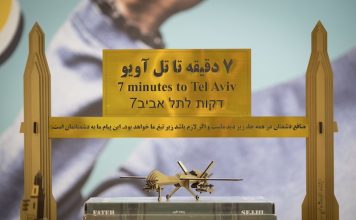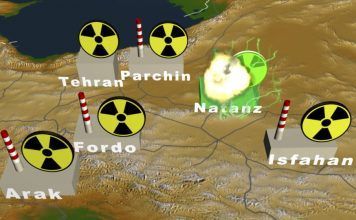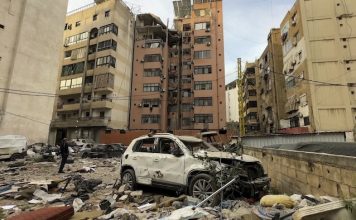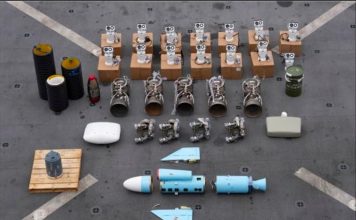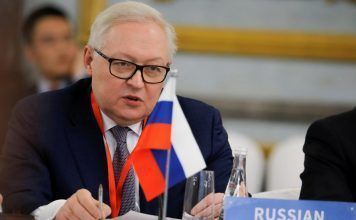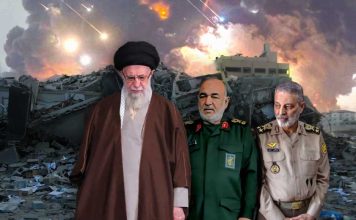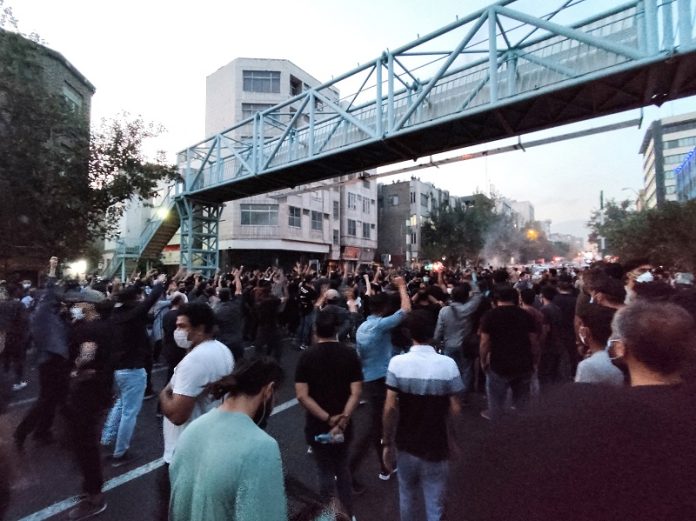
By Kayhan Life Staff
Mohammad Mosaddegh Kahnamoui, the first deputy to Iran’s Chief Justice Gholamhossein Mohseni-Ejei, said on June 18 that 90,000 people arrested since the start of the nationwide protests in September 2022 had been pardoned.
“Nearly 90,000 people have been pardoned,” the Tehran-based Faraz Daily News quoted Mr. Mosaddegh Kahnamoui saying. “Most of the 90,000 were not in prison, but were under investigation.”
“Even the enemy regards this unprecedented pardon as the Islamic system’s commendable trait,” Mosaddegh Kahnamoui asserted. “The Judiciary was prudent and rational, but also decisive in handling the recent riots.”
Even as the Judiciary hails Iran’s Supreme Leader Ayatollah Ali Khamenei for giving his approval to the pardoning of 90,000 political and non-political prisoners, at least 19 journalists arrested in the second half of the Iranian year (between mid-September 2022 and March 21, 2023) remain in prison.
SPECIAL REPORT- Iran’s Leader Ordered Crackdown on Unrest: “Do Whatever It Takes to End It”
[aesop_image img=”https://kayhanlife.com/wp-content/uploads/2023/05/2023-05-25-at-08.23.33.jpg” panorama=”off” credit=”The Supreme Noose of Executions” align=”center” lightbox=”on” captionsrc=”custom” captionposition=”left” revealfx=”off” overlay_revealfx=”off”]
Canada Sanctions Iranian Judges Over Alleged Human Rights Abuses
According to the Human Rights Activists News Agency (HRANA), most journalists were arrested for reporting the nationwide protests sparked by the death of Mahsa (Zhina) Amini in the custody of the Morality Police on Sept. 16. The protests quickly received international support, evolving into a “national revolution” under the slogan “woman, life, freedom.”
Other journalists were arrested for reporting on a wave of suspicious gas poisoning of schoolgirls in Iran, which started at girls’ high schools in Qom, 140 kilometers south of Tehran. There were reports of similar incidents in girls’ schools in Tehran and Ardabil, the capital of the northwestern province of Ardabil.
The Judiciary has used “Supreme Leader Khamenei’s pardon” as a domestic public relation campaign to rehabilitate the Islamic Republic’s image, which has been severely tarnished since the start of the protests in September.
US Sanctions Iranian Operatives It Says Are Involved in Overseas Assassination Plots
Pardon relieves a person of all legal consequences resulting from a conviction. However, while the Judiciary has highlighted Mr. Khamenei’s “grand gesture” to pardon prisoners, those arrested, including protesters and journalists, were released after posting bail in several instances. They will still have to appear in court at some point.
Following a meeting with Mr. Khamenei in November last year, Iranian President Ebrahim Raisi unveiled his government’s “Continued Unity Package,” enticing Iranians living abroad to return to the country.
President Raisi said the proposed package “offers unprecedented incentives and will pave the way for students, prominent figures, and Iranians living abroad to return home.”
Speaking on the 43rd anniversary of the Islamic Revolution on Feb. 11, Mr. Raisi said: “Many of those arrested and convicted during the recent riots, including university students, cultural figures, sports personalities, and people in the media, who are facing restrictions because of their illegal activities, will be pardoned.”
ANALYSIS: How Hostage Taking Is An Integral Part of Iran’s Foreign Policy
“A significant aspect of the Unity Package is that it will facilitate the return of Iranians living abroad and lift restrictions even on those who broke the law,” Raisi explained. “We will share the specifics of the package with the ministers, relevant organizations, and the public soon.”
Authorities began releasing prisoners a few days later, most of whom were not convicted of political offenses, and many had served most of their sentences. However, some political prisoners, students, civilians, and journalists arrested during the recent protests were also released.
Speaking at the Supreme Judicial Council on April 3, Sadegh Rahimi, the deputy head of the Judiciary, said 88,326 offenders and convicts had received “executive clemency,” granted by Supreme Leader Ayatollah Ali Khamenei.
On March 5, Iran’s Chief Justice, Gholamhossein Mohseni Ejei, said some 80,000 prisoners would be pardoned but gave no further details.
A week later, he announced that 22,000 prisoners arrested in the recent protests had been pardoned.

